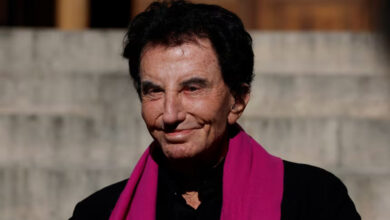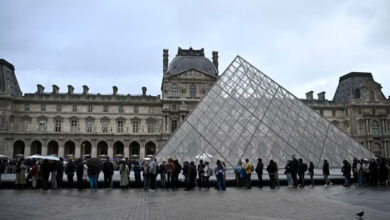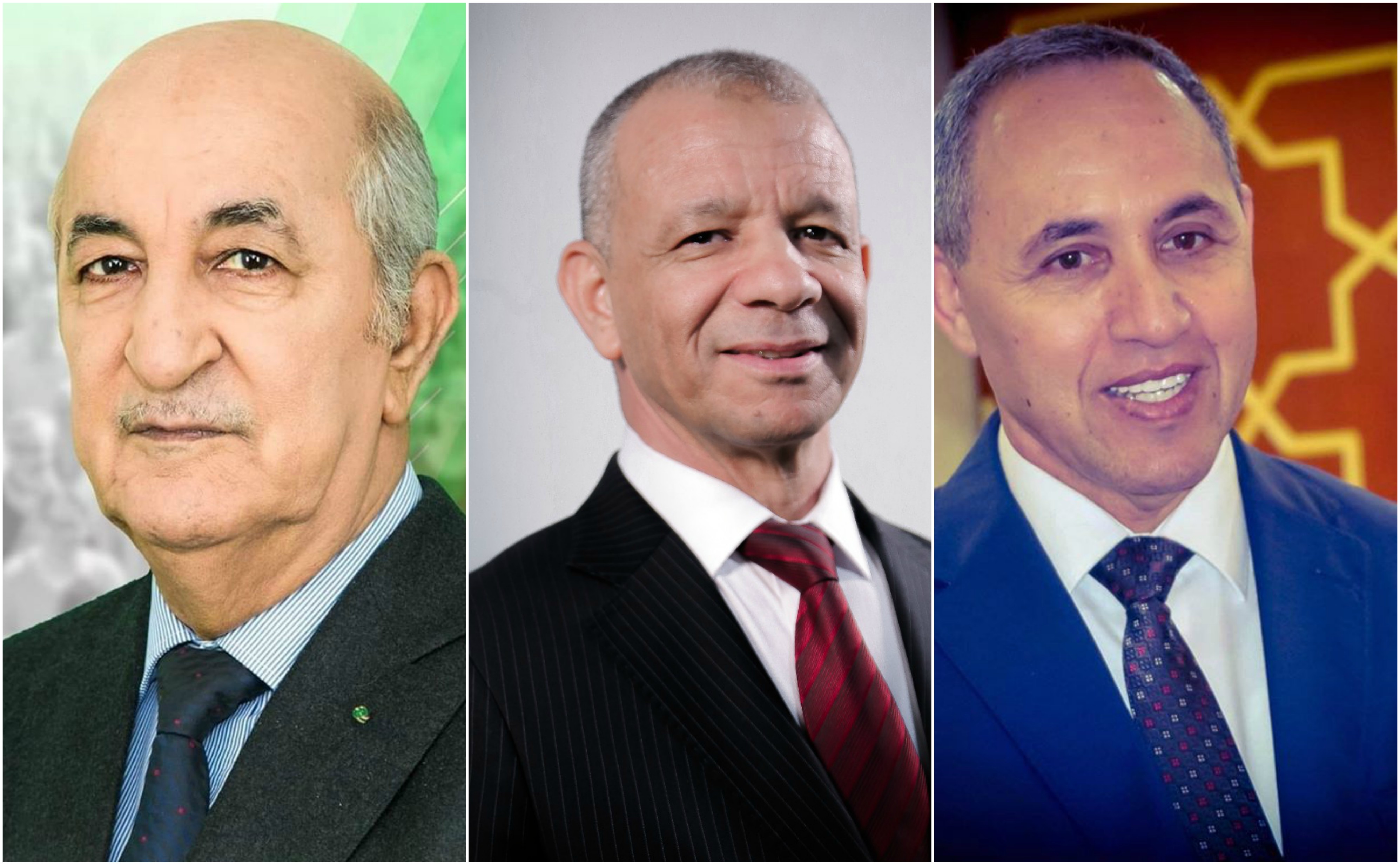
Voters in Algeria headed to polling stations on Thursday to elect a new president to replace Abdelaziz Bouteflika, amid months of anti-government protests and calls by demonstrators to boycott an election that some have labeled a charade, with candidates emphasizing that the historic vote represents the only democratic way forward for the country.
Voters will choose from among five candidates for the presidency, namely Ali Benflis, Abdelmadjid Tebboune, Abdel-Qader Bin Quraina, Izz al-Din Mihoubi and Abdelaziz Belaid.
In private interviews with Al-Masry Al-Youm, the candidates unanimously agreed on the need to amend the Algerian constitution and praised the military’s support for the election process despite 10 months of protests against what many view as the country’s ruling elite.
Azzedine Mihoubi
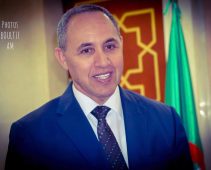
Algerian presidential candidate Azzedine Mihoubi aims to work to amend the constitution in order to put an end to the dominance of the executive branch over legislative and judicial powers.
In an exclusive interview with Al-Masry Al-Youm, the former Culture Minister claimed that there are no restriction on the press in Algeria, adding that freedom of expression has been guaranteed by the law since the 1990s.
Mihoubi went on to call the protests an “ordinary” political movement, adding that the majority of people will vote in the elections.
People have the right not to cast their votes, he explained, adding that no party has the right to force another to vote in the election.
On the subject of the Polisario Front, which is a national liberation movement supported by Algeria that aims to end the Moroccan presence in the Western Sahara region, Mahoubi clarified that it is not his issue but rather than issue of the Algerian people.
The Algerian people cannot forget the colonial period and its terrible psychological, social and economic impacts, which continue to today, he said.
Consequently, Mihoubi confirmed that Algeria will remain supportive of the Sahrawi people – who previously waged a 16-year independence war against Morocco and Mauritania – in gaining their right to self-determination, adding that the matter will be left to the referendum and the Sahrawi people to decide their fate.
On a different note, Mihoubi also commended the Algerian armed forces, noting that they have gained the public’s respect by confronting “the most dangerous conspiracy against the people and the homeland.”
In terms of Algeria’s relationship with Egypt, Mihoubi called Egypt a pivotal state in the Middle East and Africa, adding that Algeria cannot forget Egypt’s support for the “glorious” November revolution.
Abdelkader Bengrina
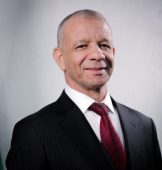
During an interview with Al-Masry Al-Youm, Algerian presidential candidate Abdelkader Bengrina argued that the elections are the safe way out and the least expensive solution to Algeria’s crisis, but not necessarily the best solution for what the country currently faces.
Bengrina, who is a former Tourism Minister of the country, heads the National Building Movement Party (MEN, or el-Binaa), an Islamist organization.
Upon winning the presidency, Bengrina pledged to open an inclusive national dialogue that brings together Algerian men and women of various social and economic classes, in order to develop a common vision and an agreed upon roadmap for rebuilding state institutions and amending the constitution.
Meanwhile, the issue of Western Sahara is about decolonization, he asserted, adding that the ongoing conflict has caused scores of people to suffer in the region.
Algerian policy in this regard is embodied by the country’s support of all just causes for liberation, especially the Palestinian cause, he said.
For this reason, Algeria supports the Sahrawi people’s right to self-determination through a referendum, which is previously agreed upon by the two parties of the conflict, with the Polisario Front on one side representing the Sahrawi people, and the Kingdom of Morocco on the other side, he said.
Relations between Algeria and Morocco, on the other hand, remain separate from this issue, with ties between the two countries built on the basis of shared interests and a common history,Bengrina said.
“We must go towards strengthening relations (using) calm and meaningful dialogue (and) away from media discord, which deals with issues well know to Moroccan and Algeria parties that serve to threaten bilateral relations,” he said.
Boosting relations between Algeria and Morocco is part of a new stage of economic integration, which is to be the basis of a Maghreb Africa Union, he explained.
The union would deal with issues concerning security and development, boost relations with Europea countries and other African nations, and ensure that the two countries are united partners in the Mediterranean basin, Bengrina said.
He added that the military has assumed its “historical responsibility” by promising to protect the voice of the people.
As for Algeria’s relationship with France, Bengrina said that future relations will be based on mutual interests, taking into consideration respect for sovereignty and cooperation between the two countries.
On the subject of Thursday’s elections, Bengrina said: “We have not come to take revenge on anyone, but we believe that the future of politics (in Algeria) will be shapedby democratic forces, embodying the true popular will through free and fair elections.”
Abdelmadjid Tebboune
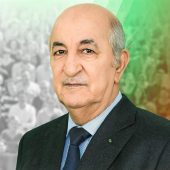
Meanwhile, Algerian presidential candidate Abdelmadjid Tebboune said that he is running for president for the sake of building a new Algeria, following the resignation of former Algerian President Abdelaziz Bouteflika on April 2 amid demonstrations and other unrest that began last February.
During an interview with Al-Masry Al-Youm, the former Prime Minister clarified that he did not run in the last election because it was already settled for Bouteflika once he had announced his bid for the post.
In response to calls to delay or boycott Thursday’s elections, Tebboune argued that elections remain the only democratic mechanism to ensure a peaceful transfer of power, adding as well that peaceful demonstrations represent a constitutional right and pointing out that all the candidates competing on Thursday have the same chances and opportunities.
If he wins the election for the presidency, Tebboune’s first major decision would be to amend the current constitution and conduct an extensive review of election laws.
On ties with Morocco, Tebboune pointed out that Algeria and Morocco share history, geography and one common destiny, all of which unite the two countries than what divides them.
However, Tebboune also said that Morocco should apologize to the Algerian people for what happened in 1994, when Algeria was “fighting terrorism” and Morocco accused the country of carrying out the Casablanca Hotel bombings, rushing to close its borders.
As for his vision on cooperation with Egypt, Tebboune said that he hopes that Egypt will continue playing its strategic role in the region, thanking the Egyptian people for their historic support for the Algerian revolution.
With regard to Syria, Tebboue describes that relations with the war-torn country have been and will remain strategic, pointing out that Algeria’s relations with Syria date back to Emir (Prince) Abdelkader el-Djezairi, who resided in the Levant. Algeria is among the few countries in the region that did not rush to cut ties with Syria during the civil war, Tebboune said, despite ongoing reports of Syrian regime human rights violations.
In discussing the country’s complicated relationship with France, Tebboune said he will not accept any foreign interference in Algeria’s internal affairs, adding that Algeria is also committed to not intervening in the affairs of any other country.
He explained that the subject of French-Algerians relations remains sensitive, especially given the fact that there are 5 million Algerians in France and more than 10 million French people with ties to Algeria.



